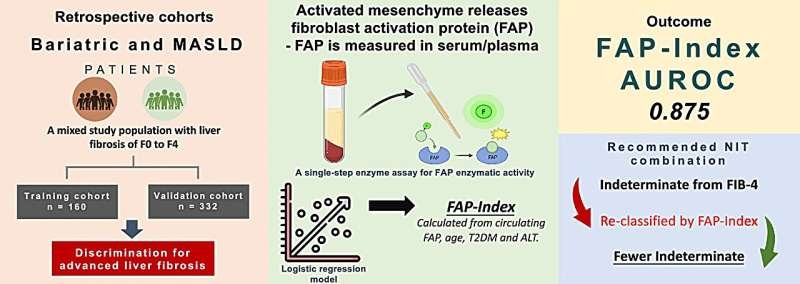Cell-Based Assay Determines Ideal Treatment for Ovarian Cancer
By Labmedica staff writers
Posted on 27 May 2008
A cell-based assay examines the response of a specific patient's tumor to various chemotherapies, and correlates with significantly longer overall survival (OS) in patients with primary ovarian cancer.Posted on 27 May 2008
The assay, called ChemoFx, is a decision support tool that measures a patient's tumor response to various types, combinations, and doses of chemotherapy selected by the patient's physician. The laboratory test examines how many cancer cells are killed after exposure to treatment, using the patient's living cancer cells that have been removed during a biopsy, aspiration, or surgical procedure. ChemoFx can be used in primary, recurrent, and metastatic tumors.
Other solid tumors most commonly tested include endometrial, colorectal, genitourinary, head and neck, lung, brain, pancreas, and hepatobiliary. Patients who received a treatment determined by ChemoFx to lead to the best tumor response had an overall survival 1.4 times longer than those receiving a treatment shown by ChemoFx to be non-responsive.
In a study lead by Thomas J. Herzog, M.D., director of gynecologic oncology at the Columbia University Medical Center (New York, NY, USA), it was found that although patients had the same type of tumor, 88% exhibited varying degrees of response to different agents when evaluated by the cell-based test. The analysis also found that nearly two-thirds of patients' tumors were more responsive to a treatment identified by ChemoFx, than to the treatment they actually received. Based on these results, a mathematical model was created to estimate survival, had patients been treated with a drug that ChemoFx identified as more likely to result in a greater tumor response. The analysis found that median OS could be extended as much as 23 to 38 months.
"These overall survival data demonstrate that the responsiveness to treatment established by this sensitivity assay in the laboratory setting, may in fact translate into meaningful clinical outcomes for patients,” said Dr. Herzog. "If these results are confirmed in current ongoing trials, this will be a significant step towards establishing individualized treatment strategies for patients who will require chemotherapy.”
ChemoFx is a product of Precision Therapeutics (Pittsburg, PA, USA), an oncology services company dedicated to the individualization of cancer therapy.
This retrospective, multi-center analysis was a published abstract at the American Society of Clinical Oncology (ASCO) annual meeting in (Chicago; IL, USA), which took place from May 30-June 3, 2008.
Related Links:
Columbia University Medical Center
Precision Therapeutics








 Analyzer.jpg)





